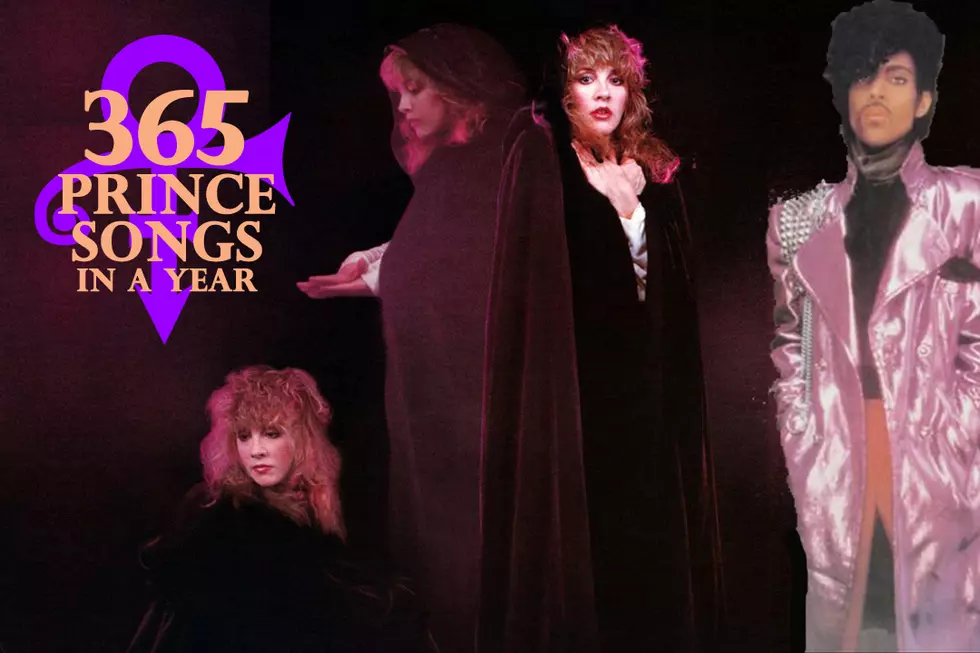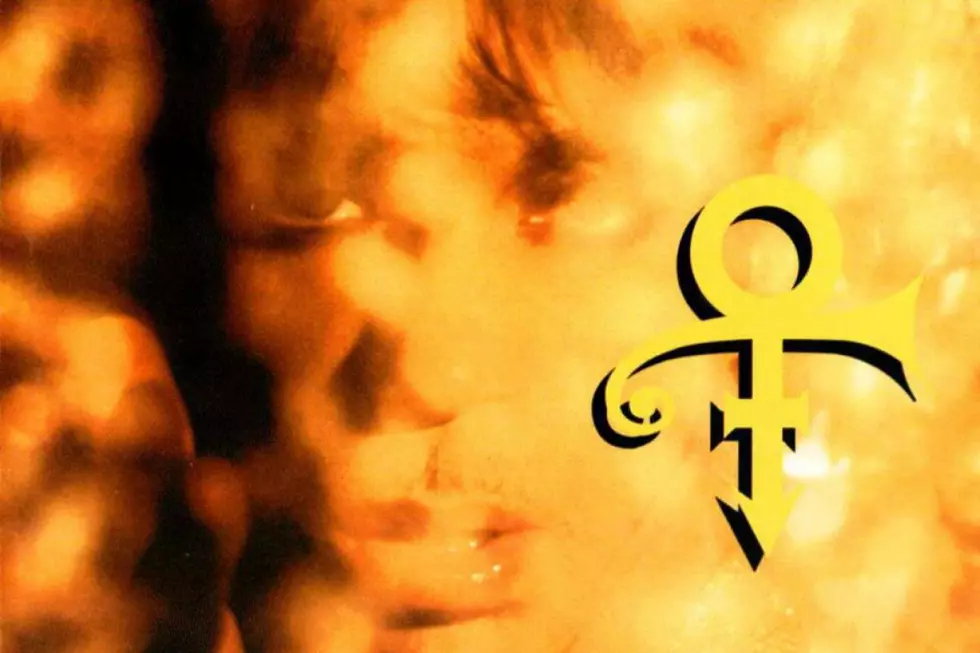
Purple Reign: The Revolutionary Spirit of Prince Transcends His Immense Musical Influence
When Prince’s plane made an emergency landing on April 15 to be rushed to the hospital for the flu, nobody could've expected what would happen six days later. But early Thursday morning (April 21), the world learned that 57 year-old Prince Rogers Nelson had been found dead in his Minneapolis home and the shockwaves rippled around the planet.
Suddenly, as many of us were only just beginning to come to terms with the shocking and sudden absence of David Bowie, we've all got a similarly difficult pill to swallow. The comparison to Bowie is apt in more ways than the just the surprising nature of their deaths. Both transcended the term "rock star" and became undeniable musical geniuses. Their artistic inspiration and technical command combined to create entire worlds nobody else had imagined.
But, as with Bowie, looking to the legacy of Prince in an analytical mode continually prompts the question: “Which version of Prince affected you most?” After all, the man from Minneapolis hopped athletically across stylistic boundaries so many times over the course of his long, prolific career that it eventually became impossible to describe his sound as anything other than “Prince music.” He was fueled by so many eclectic influences that it seemed like he needed to make three times as many records as everyone else just to keep up with his own inner muse.
The first incarnation of Prince the world met (on his 1978 debut, For You) was a precocious, 19 year-old R&B-schooled funkateer who had a way with grooves and a predilection for getting down and dirty. By the early ‘80s, Prince had become as much of a rocker as anything else, incorporating New Wave influences into his musical toolkit and doubling down on raunch with 1980’s Dirty Mind.
Just a year later, he upped the lyrical ante with Controversy, addressing racial and sexual identity issues and politics, sometimes within the same song and his 1982 album, 1999, was a protest against nuclear proliferation. But any hope of defining Prince’s aesthetic was promptly blown out the window by the glorious gust of unbridled inspiration that was 1984's Purple Rain. Not only did the album and his starring role in the movie make him a star, it showed him to be a masterful musical polymath capable of bending rock, funk, soul, pop and whatever else tickled his fancy into something utterly sui generis.
From then on, there was no holding back Prince. He happily leaped about from the psychedelic pop flavors of Around the World in a Day to the jazz influences of Parade and far beyond. He also created a kind of cottage industry, producing and writing albums for a multitude of protégés including the Time, Vanity 6, the Family, Sheila E. and Apollonia 6.
But, whatever direction Prince happened to be heading at any particular point, he always retained complete control over everything he touched. Besides having an astounding ability to transcend genres, he was a freakishly gifted multi-instrumentalist who played the lion’s share of the instruments on most of his albums. Even when he started working with officially designated backing bands like the Revolution, their studio contributions were usually kept to a minimum.
As a composer, producer, musician, filmmaker and label head, Prince fashioned a vivid, purple universe. On top of all the timeless songs he's synonymous with ("When Doves Cry," "Little Red Corvette," "Let's Go Crazy"), he was also the hidden genius behind some of the biggest hits of the '80s and '90s by other artists like the Bangles ("Manic Monday") and Sinead O'Connor ("Nothing Compares 2 U"). He continued to innovate and influence with brave new sonic directions through 2015's two-part HITnRUN.
Prince also took the unwavering intensity that allowed him to do whatever he wanted in music and applied it to his worldview as well. He approached the business side of music with just as much independent spirit and single-minded ferocity as he did the artistic side. In 1993, when he found himself at odds with one of the biggest record labels in the world (Warner Bros.), he had no problem jumping ship to work entirely on his own terms, changing his name to an unpronounceable symbol and began releasing albums at breakneck speed. When he decided that streaming technology was shortchanging musicians, kept his work off streaming sites and ensured that any unauthorized use of his music on sites like YouTube is swiftly removed.
But for all the power he wielded, Prince was never anything less than colossally generous with his fans. Nobody who ever attended one of his concerts can complain about a lack of a good show. Prince would leave every bit of himself onstage every night – whichever version he happened to be at the time – and he's left us with more than enough groundbreaking material to last several lifetimes. Eternally youthful and the walking embodiment of style, Prince always seemed like he’d go on forever. And in a way, he always will.
Musicians We've Lost in 2016
More From Diffuser.fm









